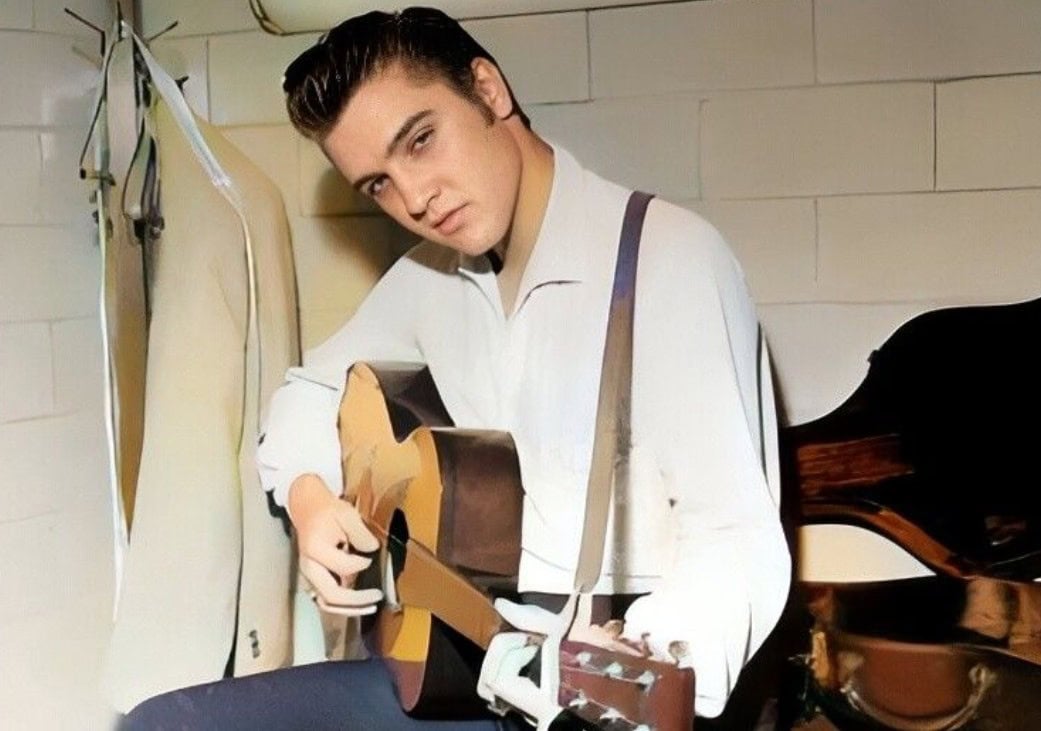
About the song
There are songs that feel less like entertainment and more like a message carried on the wings of hope. Elvis Presley’s “If I Can Dream” is one of those rare moments where music becomes a prayer, a vision, and a call for a better tomorrow. Released in 1968, in the aftermath of Dr. Martin Luther King Jr.’s assassination and during one of America’s most turbulent chapters, the song became more than just another performance—it became Elvis’s heartfelt cry for unity, peace, and change.
What makes “If I Can Dream” so powerful is not only its lyrics but also the way Elvis delivered them. His voice, filled with raw urgency and trembling emotion, made every word sound like a personal plea. Lines about light overcoming darkness and dreams of brotherhood resonated deeply in a time when the world seemed divided and uncertain. For many, hearing Elvis sing these words was like listening to the voice of the people themselves, longing for compassion and justice.
This performance also marked a turning point in Elvis’s career. Known widely as the “King of Rock and Roll,” he had often been associated with love songs and pop culture spectacle. Yet here, standing in front of the world during his famous ’68 Comeback Special, Elvis reminded us that music could be more than just entertainment—it could be a force for healing. The sincerity in his delivery showed a man who, despite his fame, still longed for truth, hope, and connection.
More than five decades later, “If I Can Dream” remains timeless. Its message continues to inspire new generations who face their own struggles with division and despair. Elvis gave us more than just a song; he gave us a vision of what humanity could be when guided by love, courage, and the belief that dreams can indeed change the world.
